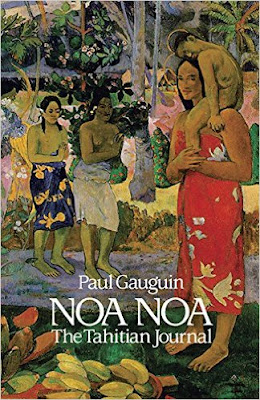Fascinating Characters: Kate, Henry IV Part I
 Not gonna lie, I'm not a big fan of Henry IV. Everyone's always trying to tell me "but blah blah blah Falstaff", "but blah blah blah power politics" and I'm like "eh, cool story bro". But one scene from this play has always fascinated me: Act II, Scene III.
Not gonna lie, I'm not a big fan of Henry IV. Everyone's always trying to tell me "but blah blah blah Falstaff", "but blah blah blah power politics" and I'm like "eh, cool story bro". But one scene from this play has always fascinated me: Act II, Scene III....this is no world / To play with mammets [dolls] and to tilt with lips: / We must have bloody noses and crack'd crowns...
-William Shakespeare
But what is interesting about Kate is the way she attempts to resist this world centered on patriarchy. She is bold, out spoken, and openly complains that her husband hasn't been treating her the way she deserves or showing her enough attention. She also makes repeated attempts to learn what Hotspur is up to, which in this play is no less than treason (ah, the tangled webs the English monarchy weaves). Hotspur refuses to tell Kate his plans, believeing that she will not be able to keep a secret and will somehow ruin his plans.
Hotspur is obsessed with war. As he prepares to ride off to pursue Mortimor's claim to the throne (Mortimor is only related to Hotspur through Kate, significantly), Kate tells the audience that Hotspur has been having dreams about battles and talking in his sleep. She feels that he is ill and tells him that he hasn't rested or eaten properly since arriving home. She also complains about the deficiencies in their sex life. Hotspur disdains the domestic world of women, believing that too much reliance on Kate will make him weak. He prefers to view her as secondary to his life as a warrior.
Lady Percy is trapped in this gender paradox. Although Hotspur's actions will no doubt have the utmost effect on her life, she is powerless to direct his course of action or, indeed, the course of history. Yet, at the end of the scene, when Hotspur offers to send for her, she resolves to follow him, knowing that even though she can have no part to play in her husband's political machinations, she must see the outcomes.
Kate as a character is a poignont portrait of a Renaissance woman, afforded more rights and privlidges than any woman at any other time in history, yet still mistrusted and neglected. Her poignont characterization is both compelling and enlightening.
Just readin'



Comments
Post a Comment